Effective Supplements for Veins Strength
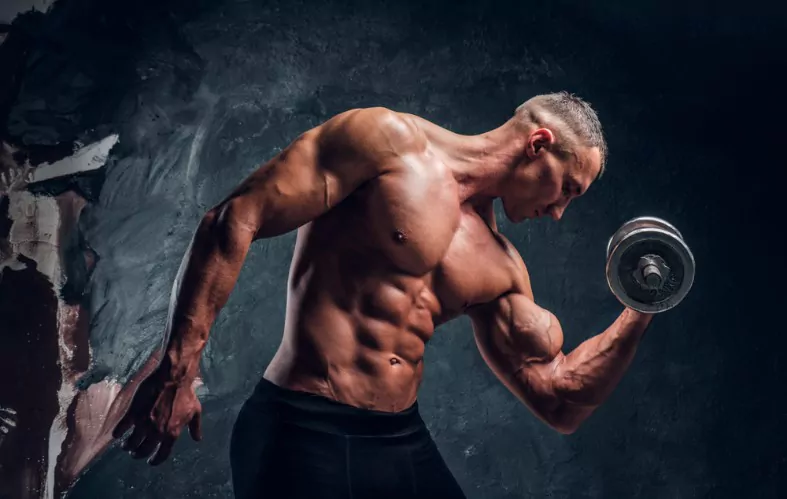
Veins are an integral part of the circulatory system. They transport oxygen-depleted blood back to the heart to get oxygenated again. This process is vital for maintaining good health. With age, dietary habits, lifestyle choices, and genetic predisposition, the veins can get weak, leading to conditions like varicose veins, deep vein thrombosis, and other venous disorders. Today, we’ll delve into the world of “supplements for veins” that aid in maintaining vein health and improving circulation.
We often underestimate the importance of maintaining our vein health, but given the critical role veins play in our overall health, neglecting them can lead to serious implications. When considering ‘supplements for veins,’ it is essential to know how these supplements support and maintain venous health. We’ll explore this further and delve into some of the best supplements for veins that you might consider incorporating into your routine.
Before diving into the list of supplements for veins, it’s crucial to note that these supplements should not replace a balanced diet and regular exercise regimen, both of which are essential for maintaining good vein health. Instead, these supplements serve to augment your healthy habits and address specific nutritional deficiencies that might affect your veins’ health. As always, it’s recommended to consult a healthcare professional before starting any new supplement regimen.
- Vitamin C
- Flavonoids
- Grape Seed Extract
- Magnesium: A Master Mineral
- Vitamin E: The Antioxidant Powerhouse
- Diosmin: The Vein Protector
- Butcher’s Broom: The Herbal Solution
- Horse Chestnut: The Vein Strengthener
- Omega-3 Fatty Acids: The Circulation Boosters
- Gotu Kola: The Circulatory Stimulant
- Nattokinase: The Clot Buster
- Wrapping Up
1 Vitamin C
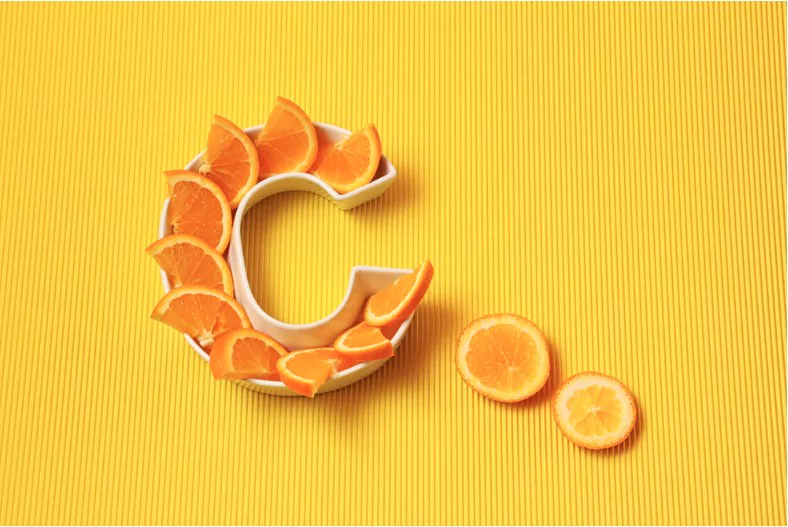
This water-soluble vitamin is one of the most critical supplements for veins. It promotes collagen synthesis, an essential protein that helps keep veins strong and flexible. A study published in “The American Journal of Clinical Nutrition” indicated that high vitamin C intake might help prevent varicose veins. Incorporating foods rich in vitamin C like oranges, strawberries, bell peppers, and kale into your diet or taking a Vitamin C supplement can offer excellent vein support.
2 Flavonoids
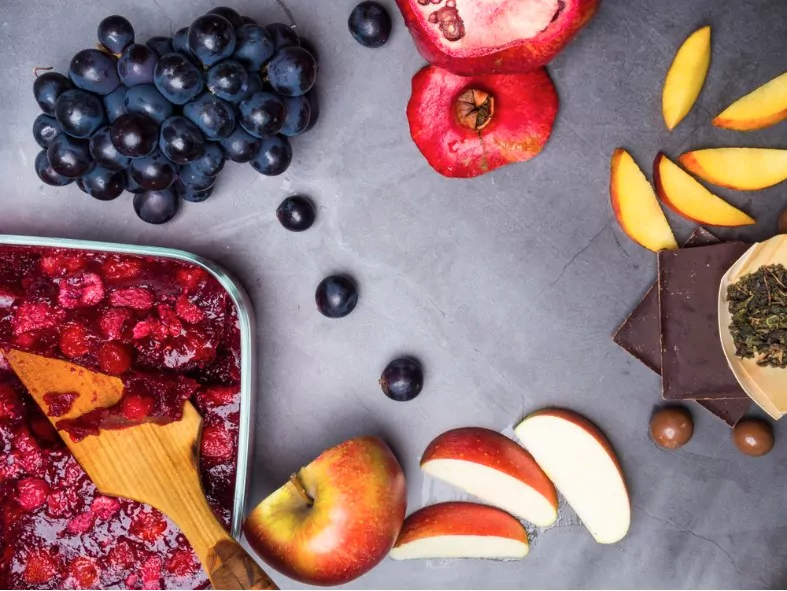
These potent plant compounds have a myriad of health benefits, particularly for vascular health. Flavonoids help to dilate blood vessels and improve blood flow, which in turn supports vein health. Foods rich in flavonoids include citrus fruits, grapes, berries, onions, tea, and dark chocolate. However, if your diet lacks these, a flavonoid supplement can be a good option.
3 Grape Seed Extract
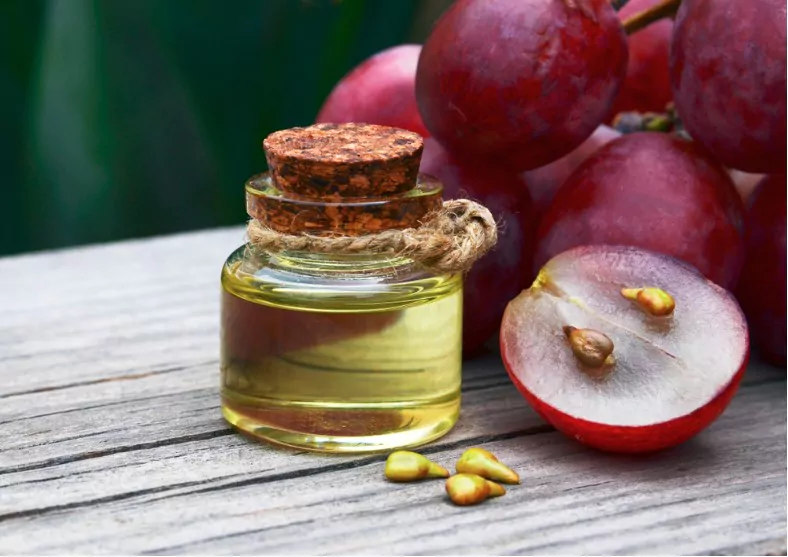
Rich in powerful antioxidants known as oligomeric proanthocyanidin complexes (OPCs), grape seed extract is a powerful supplement for veins. OPCs help to strengthen the walls of blood vessels and improve blood flow. According to research in the “Journal of Medicinal Food”, grape seed extract can reduce symptoms of chronic venous insufficiency and lower the risk of developing varicose veins.
4 Magnesium: A Master Mineral
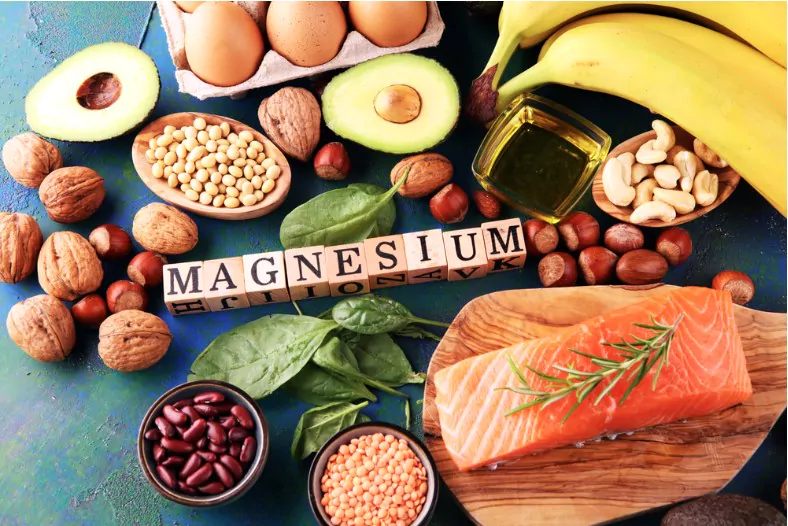
Magnesium is one of the top ‘supplements for veins.’ It plays a vital role in maintaining vascular health by relaxing the muscles in the vein walls. This relaxation helps improve blood flow and reduce the risk of blood clots. Magnesium also contributes to the overall health of your heart, another key component of your circulatory system.
5 Vitamin E: The Antioxidant Powerhouse
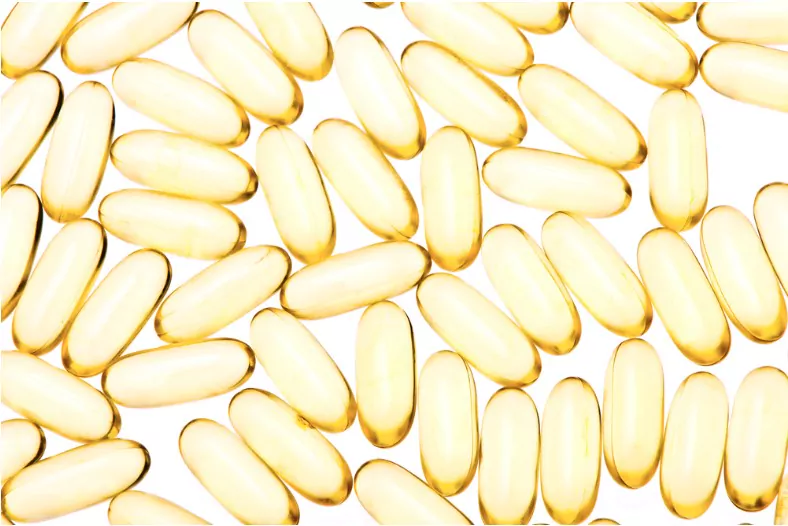
Vitamin E is well-known for its antioxidant properties, which help reduce oxidative stress in the body. Oxidative stress can damage your veins and arteries, leading to poor circulation and vascular disease. As a supplement for veins, Vitamin E helps protect these crucial blood vessels, ensuring blood flows freely throughout your body.
6 Diosmin: The Vein Protector
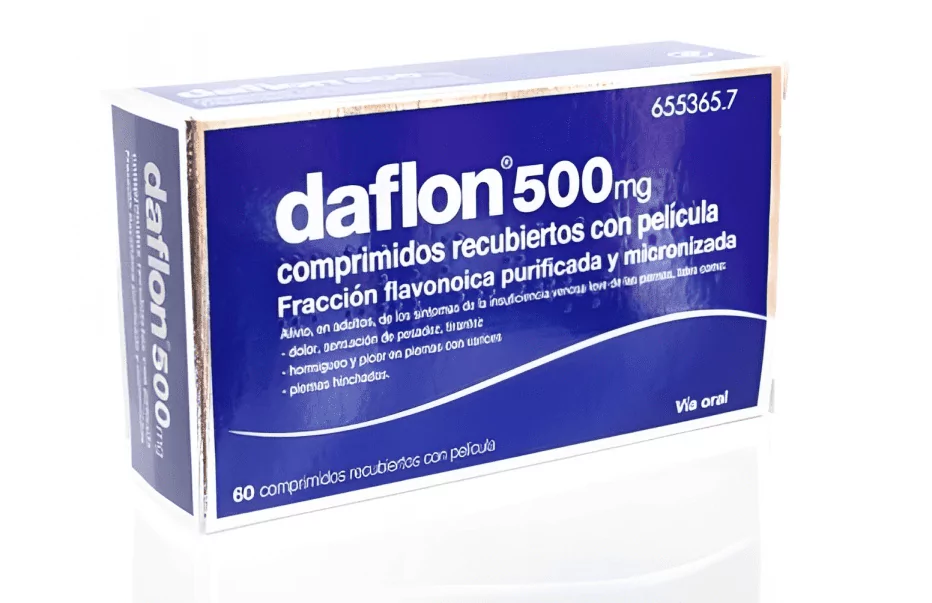
Diosmin, a bioflavonoid derived from citrus fruits, has been studied for its beneficial effects on vein health. It is frequently used as a ‘supplement for veins’ in Europe for treating haemorrhoids and chronic venous insufficiency. Diosmin helps to reduce inflammation, improve vein elasticity, and increase venous tone, thereby promoting good vascular health.
7 Butcher’s Broom: The Herbal Solution
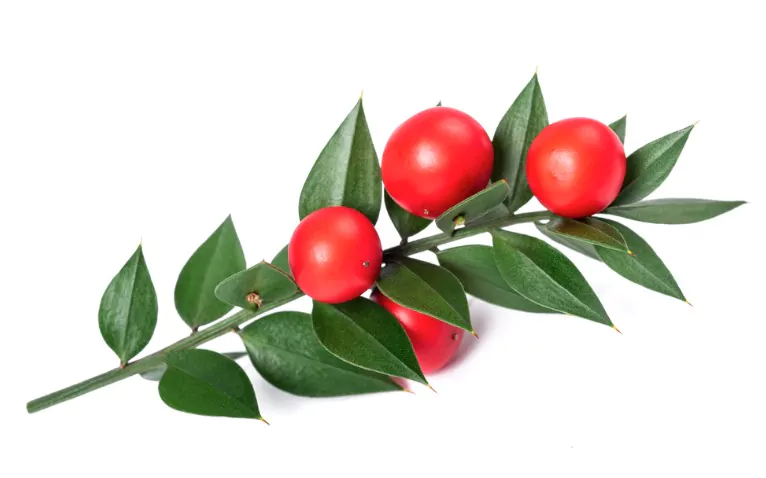
Butcher’s Broom is a plant that’s been used for centuries to treat a variety of health conditions. As a ‘supplement for veins,’ Butcher’s Broom is known to strengthen the veins and reduce swelling. This plant contains compounds called ruscogenin that help constrict veins, improving their ability to pump blood back to the heart.
8 Horse Chestnut: The Vein Strengthener
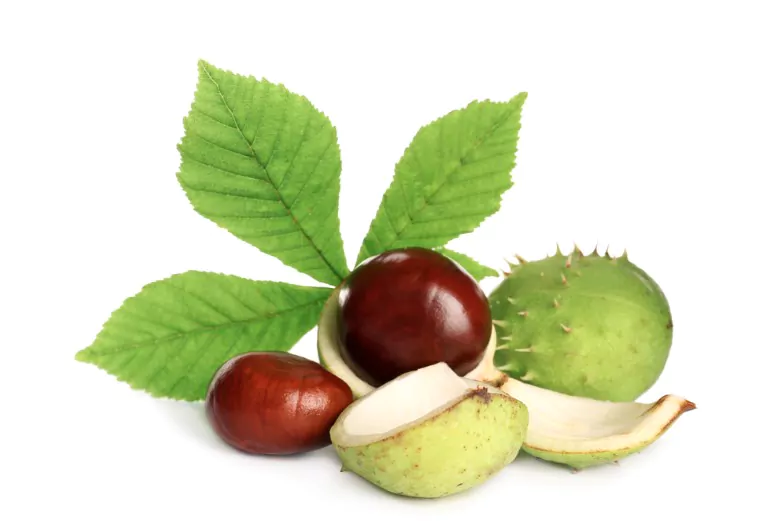
Horse chestnut has been widely used as a ‘supplement for veins,’ especially for varicose veins and chronic venous insufficiency. Its active ingredient, aescin, has anti-inflammatory effects and helps to strengthen the walls of veins and reduce swelling.
9 Omega-3 Fatty Acids: The Circulation Boosters
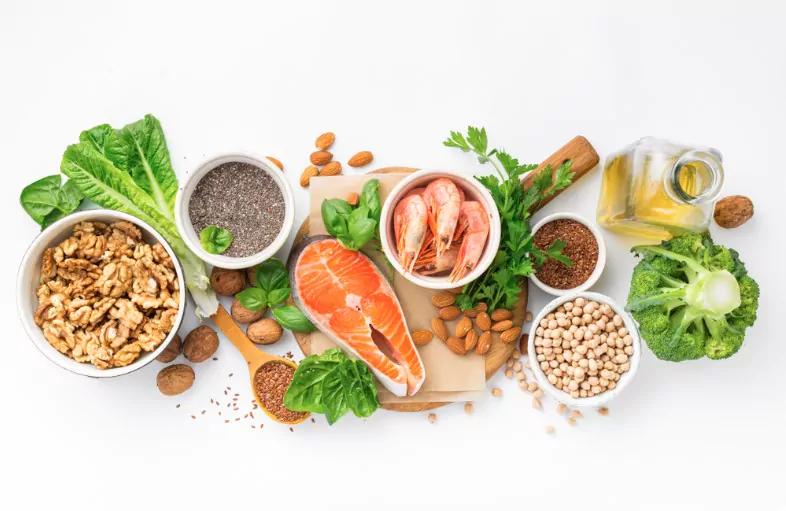
Omega-3 fatty acids are a type of fat that’s beneficial for heart health. As a ‘supplement for veins,’ Omega-3 helps reduce inflammation in the body and improve blood circulation. Omega-3 fatty acids are also known to lower blood pressure and reduce blood clotting, promoting overall vascular health.
10 Gotu Kola: The Circulatory Stimulant
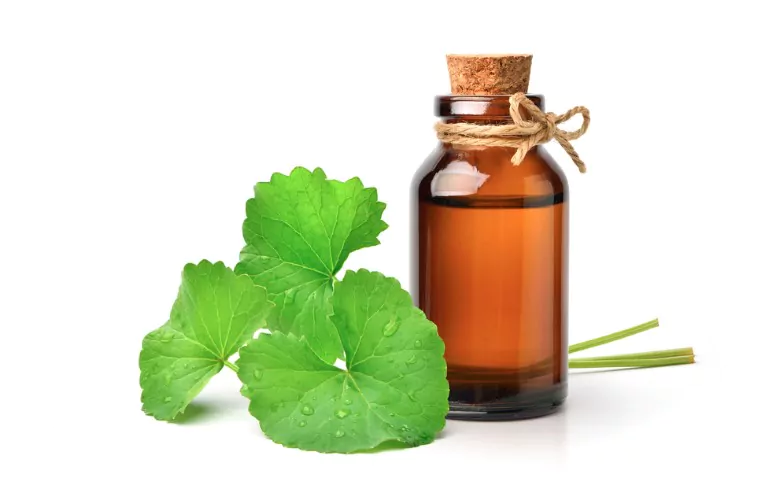
Gotu Kola, a staple in traditional medicine, has been praised for its circulatory benefits. This herb is used as a ‘supplement for veins’ to improve circulation, reduce swelling, and alleviate symptoms of venous insufficiency. Studies have also found that it may help to reduce the appearance of varicose veins.
11 Nattokinase: The Clot Buster
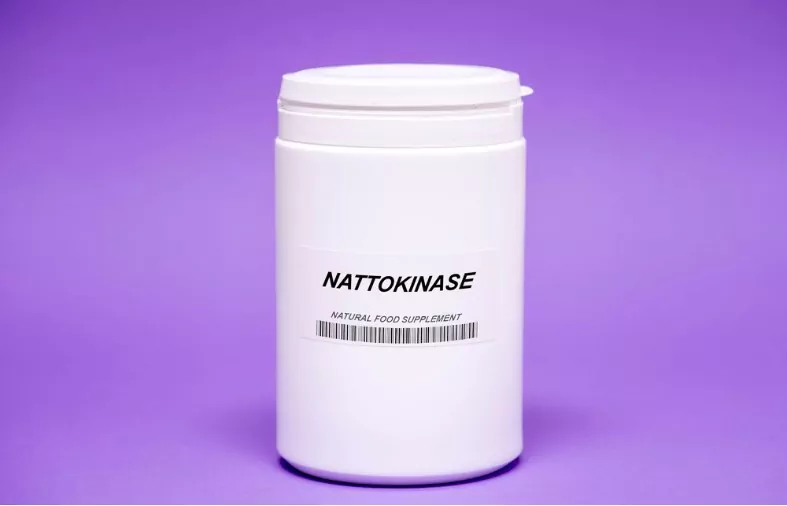
Nattokinase, derived from the fermented soybean dish Natto, is known for its ability to dissolve blood clots. As a ‘supplement for veins,’ Nattokinase promotes healthy blood flow, thus reducing the risk of deep vein thrombosis and other vascular diseases.
As we have explored, there are many ‘supplements for veins’ available, each offering unique benefits. While this is not an exhaustive list, these are some of the most effective and well-studied supplements for maintaining and improving vein health.
12 Wrapping Up
In conclusion, maintaining vein health is vital for our overall well-being. The ‘supplements for veins’ discussed here can offer valuable support. However, they should be used as part of a holistic approach to vein health, incorporating a balanced diet, regular exercise, and lifestyle modifications. Also, always remember to consult your healthcare professional before starting any new supplement regimen.
With our newfound understanding of the power of ‘supplements for veins,’ we can begin to take a more proactive role in supporting our circulatory health. After all, our veins are the highways of our body, and keeping them in top shape is essential for a healthy life.
NOTE: The content is intended to be used for informational purposes only. It is not a substitute for professional medical advice, diagnosis, or treatment. Always seek the advice of your healthcare provider with any questions you may have regarding a medical condition.
Community Q&A
About This Article
This article has been viewed 392 times.



